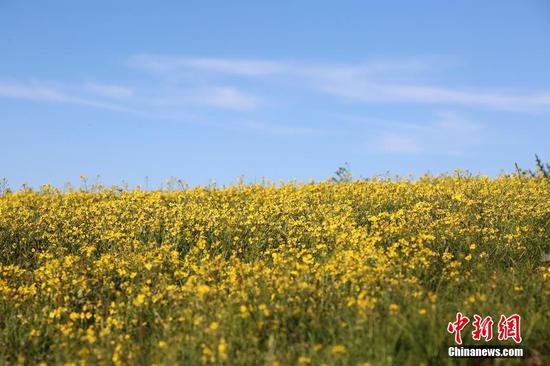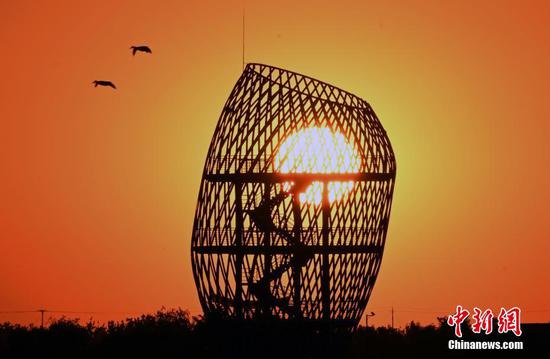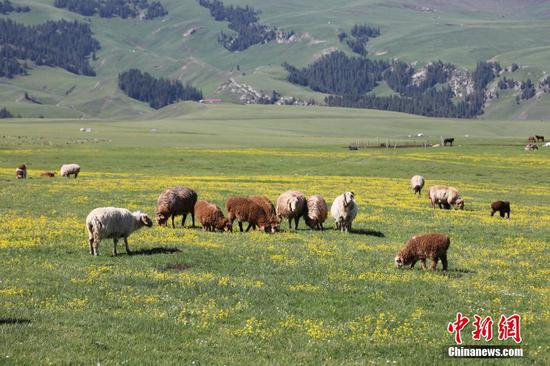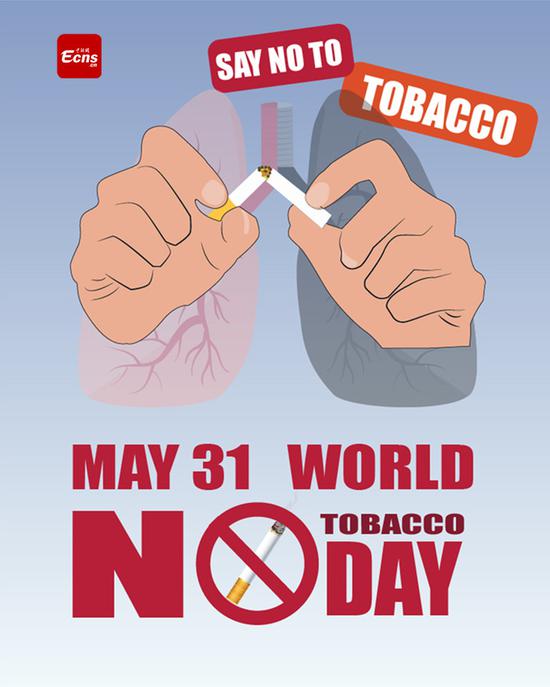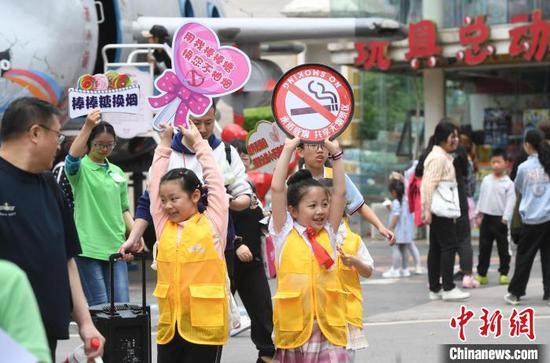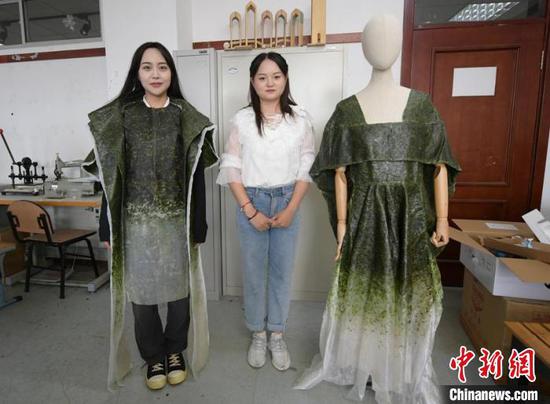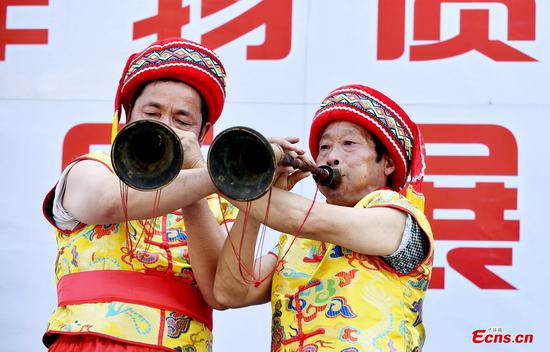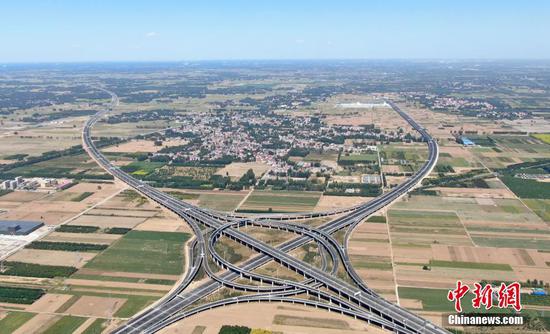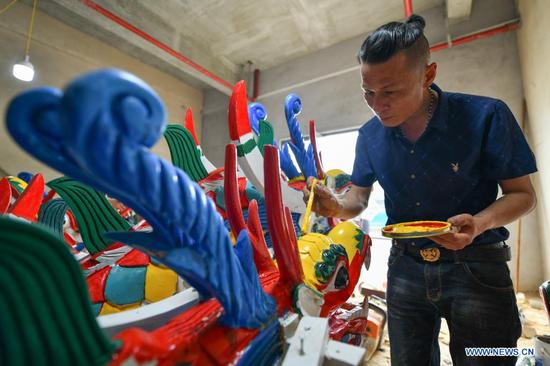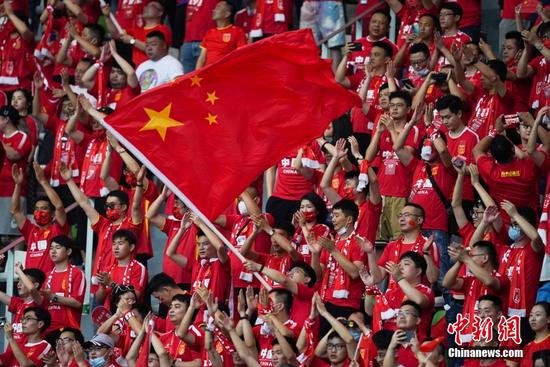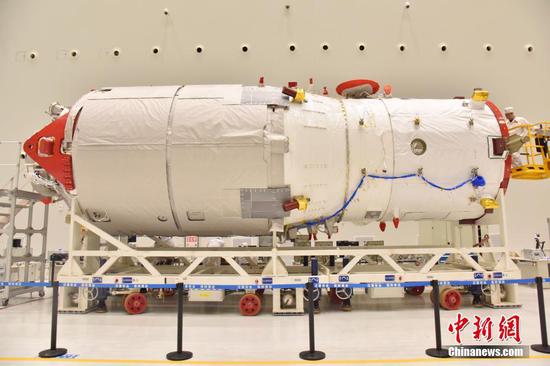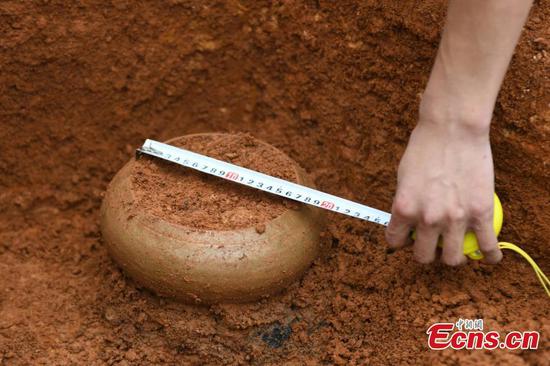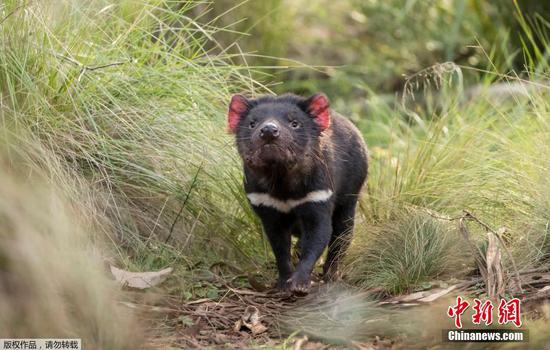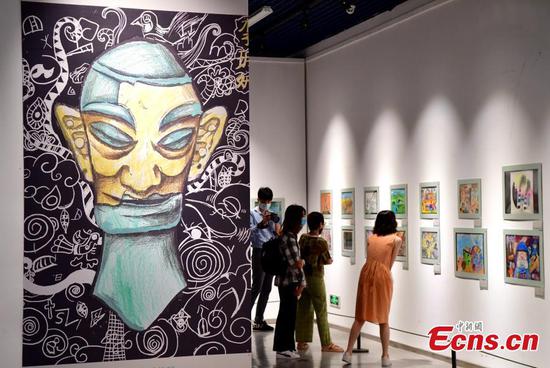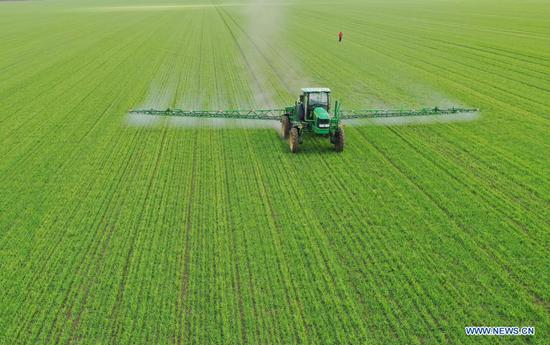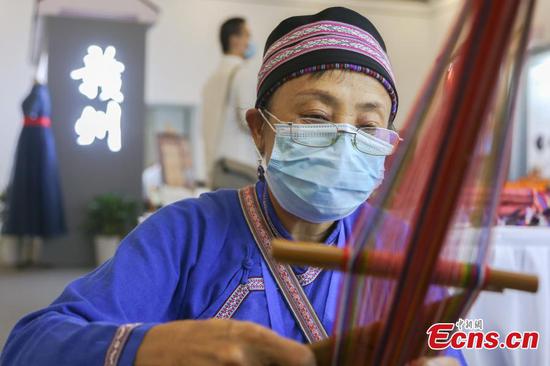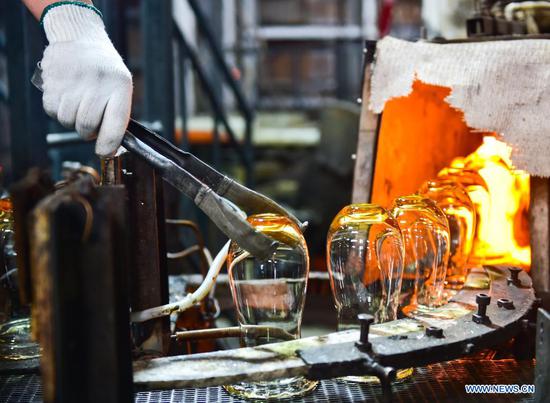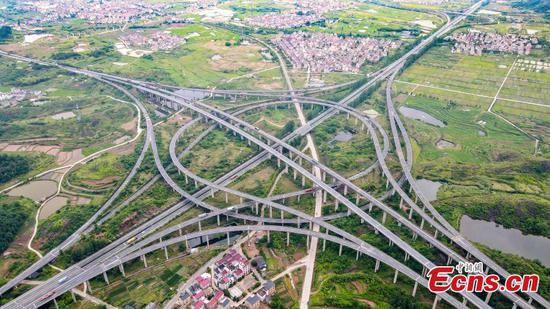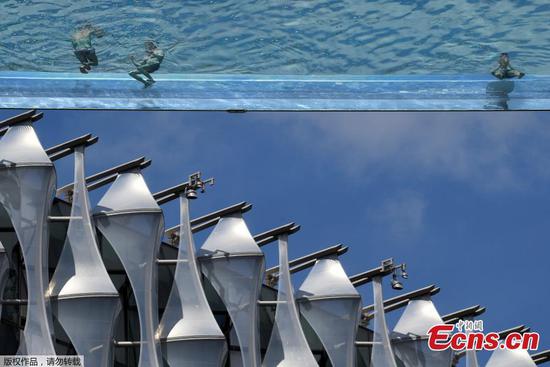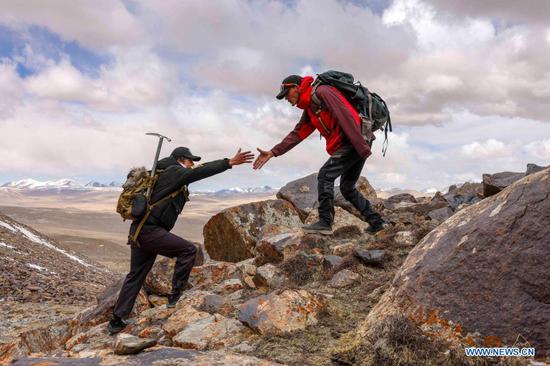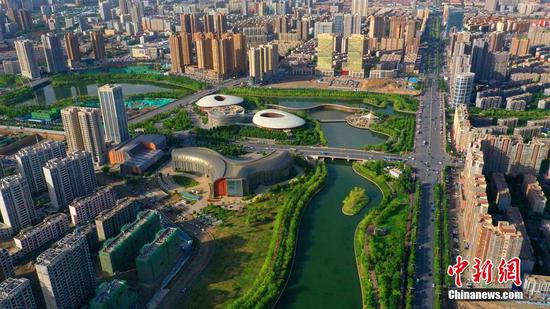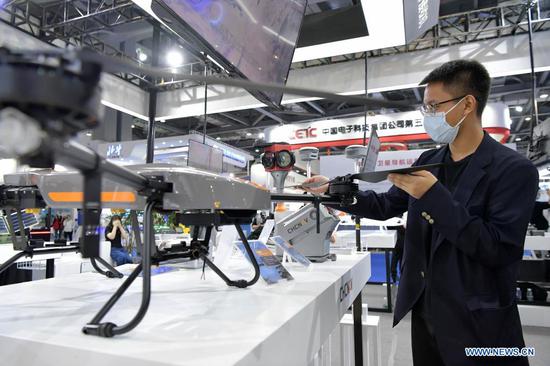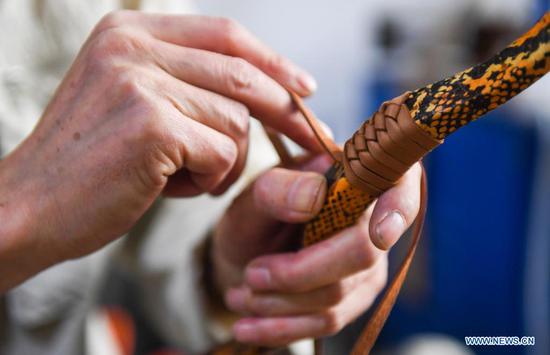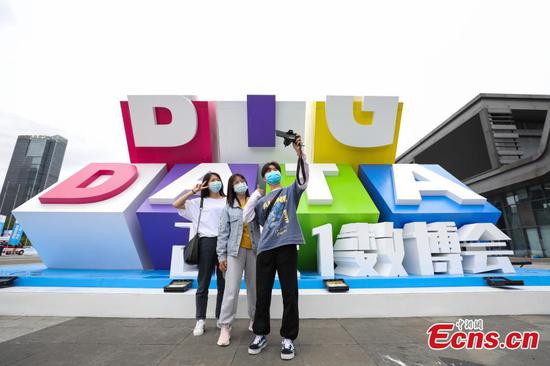World Bank Group President David Malpass said Tuesday that it's vital to speed up the supply chain of vaccines globally, urging countries to "shorten the time" from the manufacturing of the vaccine to shots in arms.
"My immediate priority is for countries that have sufficient supply to quickly release doses to countries that have vaccination deployment programs," Malpass said at a joint press conference with the heads of the World Health Organization (WHO), the World Trade Organization (WTO), and the International Monetary Fund (IMF).
The World Bank chief noted that the multilateral lender has 12 billion U.S. dollars in vaccine financing available, and "more if needed" to help countries buy and distribute COVID-19 vaccines and encourage vaccinations.
By the end of June, he said, the World Bank will have approved vaccination operations in over 50 countries, adding that these countries can immediately use vaccines from COVAX, the WHO-led international campaign for equitable distribution of COVID-19 vaccines around the world, from manufacturers, and from donor countries themselves as soon as they are made available.
"It's vital that we speed up the supply chain. We need to shorten the time from the manufacturing of the vaccine to shots in arms," Malpass said.
"At present, too many doses are waiting to be allocated," he said. "They may be stuck in paperwork; sitting in inventory somewhere; or aren't the type of vaccine the country is able to use."
"In order to maximize the number of vaccinations, doses need to be matched to country programs as soon as they are manufactured," said the World Bank chief, adding that it's important to share information about the allocations so countries can plan ahead.
In response to a question from Xinhua, WTO Director-General Ngozi Okonjo-Iweala highlighted four major bottlenecks in global vaccine production and supply: constraint on manufacturing capacity, raw materials supplies, specialized skills in vaccine production, and bureaucracy in some countries.
"The world normally has capacity to manufacture about 5 billion doses of vaccines, but now we need 10 to 15 billion doses depending on whether we need boosters. So this is two to three times the capacity," the WTO chief said at the joint press conference.
According to IMF estimation, a faster vaccination rollout could inject the equivalent of 9 trillion dollars into the global economy by 2025, due to a faster resumption of economic activity.
"And it is important to recognize that 60 percent of the benefits, this 60 percent of this 9 trillion would go to emerging markets in developing countries, but 40 percent will go to advanced economies," said IMF Managing Director Kristalina Georgieva.
"So we mobilize everybody to step forward for the benefit of all," Georgieva added.









